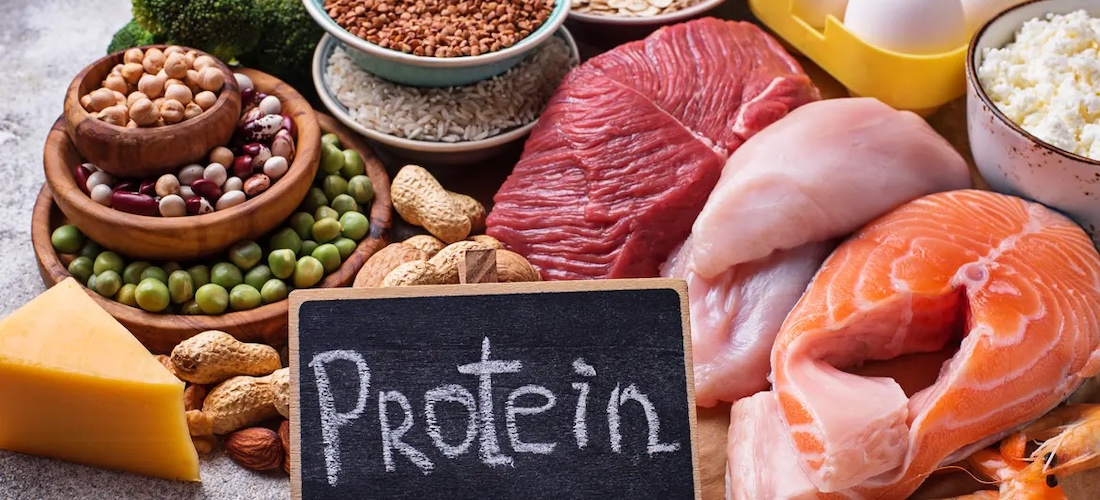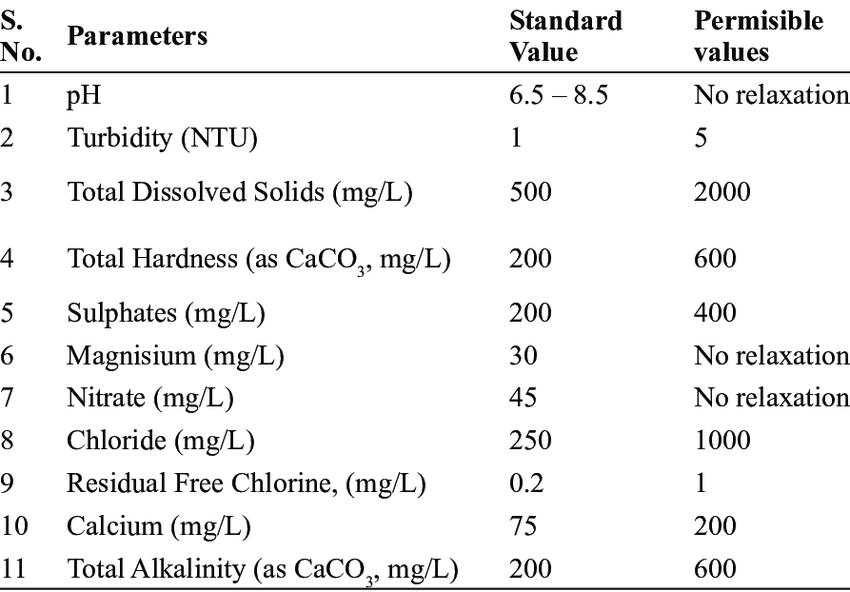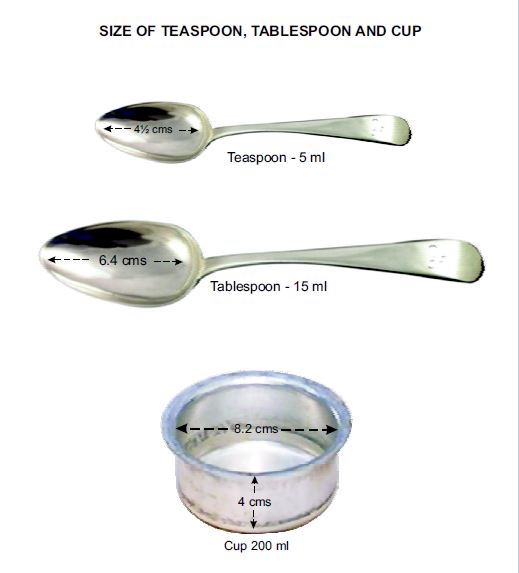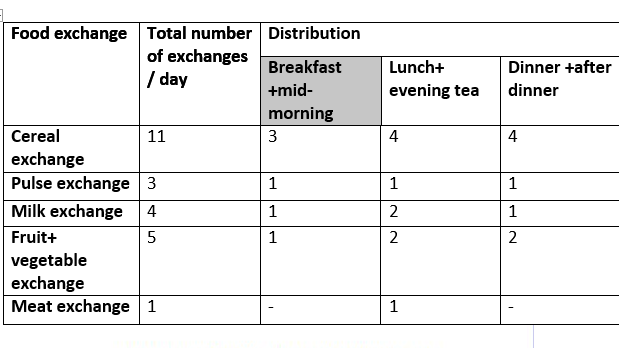Eat your proteins to build your immune system.
What is Calcium?
While everyone is aware about the vitamins and minerals needed for a strong immune system, what people miss out is that until and unless you are not getting your bare minimum requirement of protein fulfilled per day, your body will not be able to maintain its immune system well.
Antibodies, enzymes, and hormones are all made up of proteins, which constitute the foundation of the body's defence systems. Amino acids, which are found in proteins, aid in the formation of immunity. Protein benefits immune cells such as leukocytes, cytokines, and phagocytes, which are required for good immunological function and infection resistance.





